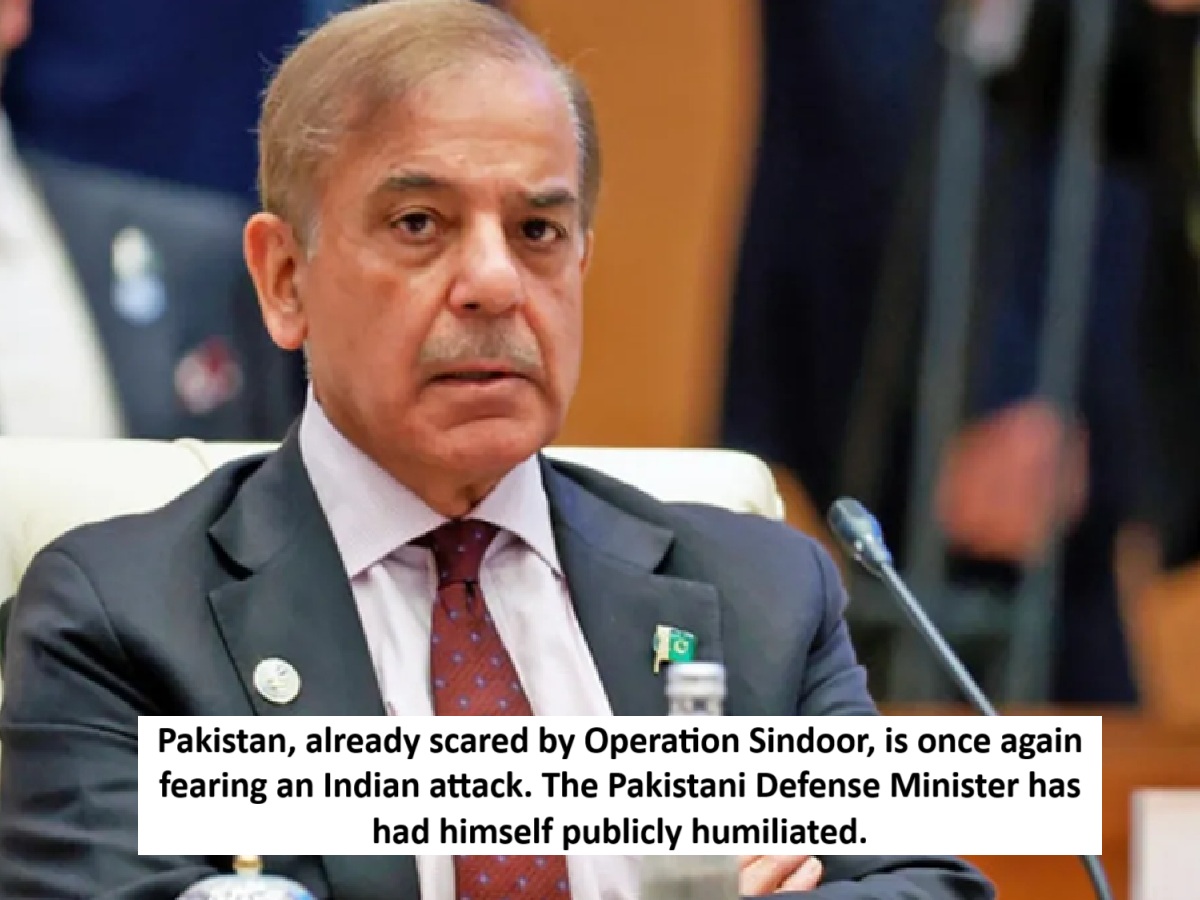
News Topical, Digital Desk : Pakistan, which suffered a defeat at the hands of India in Operation Sindoor five months ago, remains reeling from this military operation. It fears India might attack it again.
This fear can be gauged from a statement by Pakistan's Defense Minister, Khawaja Asif. He stated that the threat of war with India is real. The minister, dreaming like Mungeri Lal, even claimed that if there were to be a future armed conflict, his country would achieve a greater victory.
Khawaja's arrogance
His outspokenness comes after recent statements by Defense Minister Rajnath Singh and Army Chief Upendra Dwivedi. The Pakistani defense minister made the comments in an interview with Sama TV on Tuesday, responding to a question about recent statements by Indian leaders and senior military officials.
Khawaja said there is a risk of armed conflict. Pakistan is vigilant and monitoring the situation. He said, "I don't want to escalate tensions, but the threat is real. I am not ruling it out. If war comes, Allah willing, we will have a better outcome than before."
Khawaja also claimed that Pakistan now has more supporters and allies than it did six months ago, while India has lost the support of even those countries that supported it before May. However, he did not name any countries in this context. It should be noted that following the Pahalgam terrorist attack on April 22, India destroyed nine terrorist hideouts in Pakistan and occupied Jammu and Kashmir under Operation Sindoor on May 7.
Khwaja claims India was never united except during Aurangzeb's rule.
The Pakistani defense minister claimed during the interview that India had never been united except during the rule of Mughal emperor Aurangzeb. Pakistan, created in the name of Allah, remained united despite numerous internal issues during the conflict in May.
Khawaja's claim is far from the truth, as more than seven decades have passed since independence from British rule, and India remains a stable and unified democracy. In contrast, Pakistan has experienced numerous military coups and remains politically unstable. Historically, the Mauryan Empire unified much of the Indian subcontinent from 322 BCE to 185 BCE.
Later, Samudragupta of the Gupta dynasty and Harshavardhana of the Pushyabhuti dynasty also politically unified large parts of ancient India. Aurangzeb's reign, while encompassing almost the entire Indian subcontinent, was marked by endless wars and rebellions.
Indian military chiefs recently warned
Recently, Army Chief Upendra Dwivedi had warned Pakistan that if it wants to remain on the world map, it will have to stop supporting terrorism. Last Friday, Air Force Chief Air Chief Marshal AP Singh had said that in Operation Sindoor, India had shot down 12 Pakistani aircraft including American F-16 and Chinese J-17. Whereas Defense Minister Rajnath Singh had said that any audacity of Pakistan in the Sir Creek area will be given a befitting reply and it will be so deadly that history and geography will change everything.
Pak army gave a warning
According to PTI, the Pakistani military on Wednesday issued a stern warning to India, saying any attack would be met with a decisive response. The threat was made in response to recent statements by Indian military officials. According to the Pakistani military statement, a commanders' meeting chaired by Army Chief Asim Munir in Rawalpindi also noted that unprovoked attacks could threaten regional peace and security.
--Advertisement--

 Share
Share



